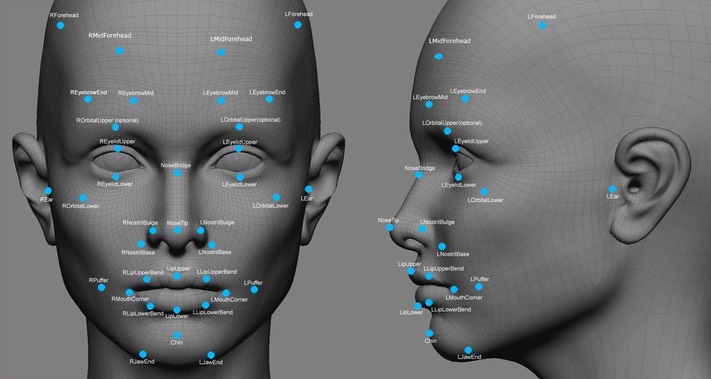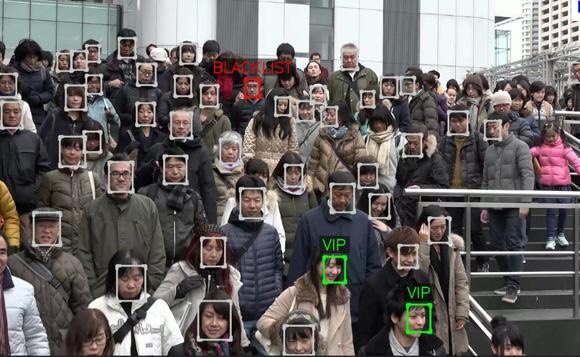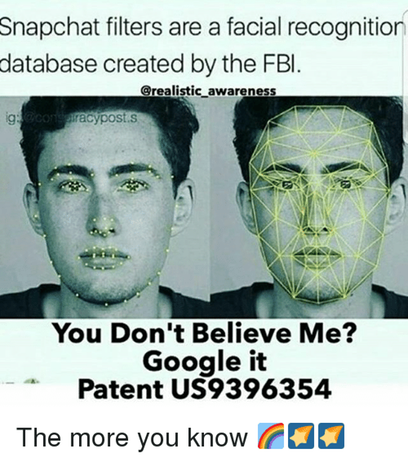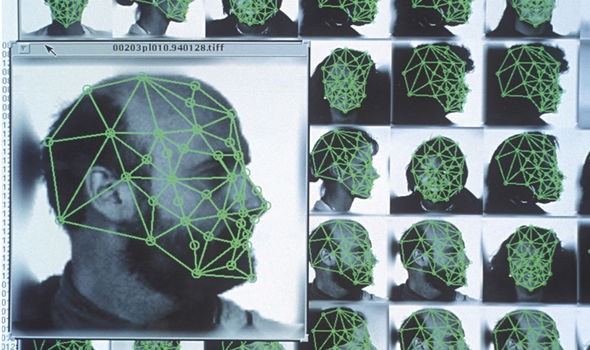Natural News

A new report from Georgetown Law‘s Center on Privacy & Technology (CPT) suggests that Immigration and Customs Enforcement (ICE) may be using the rampant problem of illegal immigration as a type of cover to track and spy on Americans in violation of their Fourth Amendment rights under the United States Constitution.

ICE has apparently requested special access to Department of Motor Vehicles (DMV) databases in at least three states – Utah, Washington State, and Vermont – which the federal agency plans to use in conjunction with facial-recognition technology to scan people’s drivers’ license photos and match them against criminal and residency databases, all without their knowledge or consent.
We already know from CPT data released three years ago that the FBI already maintains a facial-recognition database containing the images of at least half of all U.S. adults. But this latest revelation implicates ICE in this surveillance scheme as well, which is relevant in light of President Trump’s recent announcement about ICE raids in “sanctuary” cities.
Reports indicate that both Vermont and Utah have since complied with ICE’s requests for access to their DMV databases, while it remains unclear whether or not Washington State has similarly followed suit.
“The implications for undocumented migrants are stark: Utah, Washington, and Vermont are among the 12 states that don’t require documentation to obtain a driver’s license,” the CPT report explains. “What may have seemed like an olive branch to allow easier access to driving and identification now could be an invitation for investigation, arrest, or deportation.”

ICE also has access to the country’s largest private database of license plate photos
In addition to trying to gain access to these DMV databases, ICE has also reportedly pried its way into the country’s largest database of license plate photos, which is maintained by a private corporation known as Vigilant Solutions that’s owned by Motorola.
This Vigilant Solutions database facilitates ICE’s efforts to track people’s movements by allowing the agency to analyze data on where their license plates have been spotted by Vigilant’s network of license plate-reading spy cameras, which are present not only on roadways but also at malls.
To American patriots still thinking inside the box, granting ICE access to such data might seem like nothing but a good thing, seeing as how at least 22 million illegal aliens are currently living in America without permission. But once this pandora’s box of privacy is breached in the name of fighting illegal immigration, it can very quickly be abused as a means to violate the privacy rights of all Americans.
“All told, we are barreling toward a future where every ritual of public life carries implicit consent to be surveilled: obtaining a license, driving a car, shopping in the mall, and even walking across a college campus or city block all open one up to tracking and database matching of some kind,” writes Sidney Fussell for The Atlantic, as republished by NextGov.com.

“Opting out would mean nonparticipation in social life – a consequence much more dire than the invasion of privacy,” he adds. “When participating in daily life means being searched, law enforcement ceases to presume that the public is innocent.”
The same is true for any other law enforcement agency that’s given access to things like people’s private DMV information, which can very easily be abused for the purpose of conducted searches without a probable cause or a proper warrant.
“In effect, these license databases have become criminal databases, each search justified by the chance that someone documented there is guilty of crime,” Fussell contends. “Everyone in them has become a suspect.” Read Precrime.news for more news stories on “precrime.”

Sources for this article include: